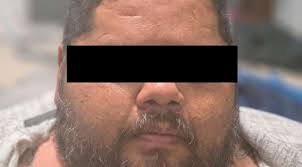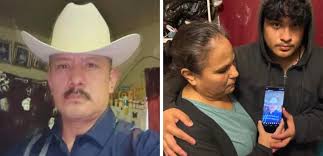Discover how to recognize, prevent, and recover from burnout with insights from Jeff Bezos, Arianna Huffington, and Richard Branson.
In today’s high-productivity, always-on work culture, burnout has emerged as a serious mental health threat—and it’s no longer just “work fatigue.” It’s a clinical condition with long-term effects on your body, mind, and emotional well-being.
Once brushed off as ordinary exhaustion, burnout is now officially recognized by the World Health Organization as a workplace-related phenomenon with serious implications.
Unlike general stress—which may stem from family, finances, or personal issues—burnout is specifically tied to your job. According to the WHO’s ICD-11 classification, three hallmark symptoms define burnout:
- Persistent exhaustion – Tired no matter how much you sleep or rest.
- Mental distance or cynicism toward work – You start resenting your job or feeling emotionally numb.
- Reduced professional effectiveness – Tasks take longer, focus is lost, and motivation plummets.
Physically, burnout can cause headaches, muscle tension, stomach issues, and insomnia. Emotionally, you may notice irritability, apathy, or unexpected crying spells. Because symptoms often mimic anxiety or depression, professional help is key to getting a correct diagnosis.
In the U.S., burnout is most common among healthcare workers, educators, entrepreneurs, tech professionals, and anyone in high-touch or high-stakes jobs. Though anyone can experience it, data shows that women are more likely to seek help early, leading to better outcomes.
People aged 25 to 40, often in demanding career-building stages, are particularly vulnerable. And with remote work blurring boundaries between home and office, even more Americans are feeling the pressure.
“You don’t get burnout from working hard. You get it from working on things you don’t care about.”
— Jeff Bezos, Founder of Amazon
If you’ve felt any of these symptoms for weeks or months, you may be experiencing burnout:
- Rest doesn’t feel restful.
- Dreading the start of the workday.
- Frequent irritability or impatience.
- Watching the clock and living for weekends.
- Trouble focusing or making decisions.
The first step is seeking a licensed psychologist or psychiatrist to confirm the diagnosis and rule out other conditions. If left untreated, burnout can lead to isolation, substance misuse, poor nutrition, or even chronic health issues.
Many cases of burnout stem from unrealistic workloads, demanding managers, no lunch breaks, or poor work-life separation—especially in remote work setups.
It’s not about weakness—it’s about poor workplace design and personal boundary erosion.
“If you’re not careful, you’ll spend your life being busy but not productive. Burnout is what happens when you ignore that distinction.”
— Arianna Huffington, Founder of Thrive Global
Behavioral interventions are highly effective. Experts recommend the following:
- Daily physical activity to release stress.
- Unplug from work during evenings and weekends.
- Spend time with loved ones, even in small doses.
- Pursue hobbies that bring you joy.
- Set boundaries: clear work hours, lunch away from your desk, and learning to say no when overwhelmed.
Mindfulness techniques, like meditation and breathing exercises, are also proven tools. They help reconnect you to the present and reduce emotional reactivity.
In some cases, short-term medication may be appropriate—only under the guidance of a psychiatrist.
Before You Burn Out: Build a Culture of Self-Care and Boundaries
To prevent burnout, it’s vital to:
- Schedule intentional breaks throughout the day.
- Eat nutritious meals on time.
- Set start and end times for your workday—especially from home.
- Ask for help when needed. Strength lies in knowing your limits.
“Burnout is not a badge of honor. Your body and mind are your best assets—protect them like you would your business.”
— Richard Branson, Founder of Virgin Group
Bottom Line: Don’t Wait for a Breakdown to Make a Change
Burnout isn’t just feeling tired—it’s a real, harmful condition that deserves serious attention. With timely support, lifestyle adjustments, and a commitment to balance, you can recover fully and reclaim not just your productivity, but your quality of life.
Because at the end of the day, the goal isn’t to work more.
The goal is to live better.








